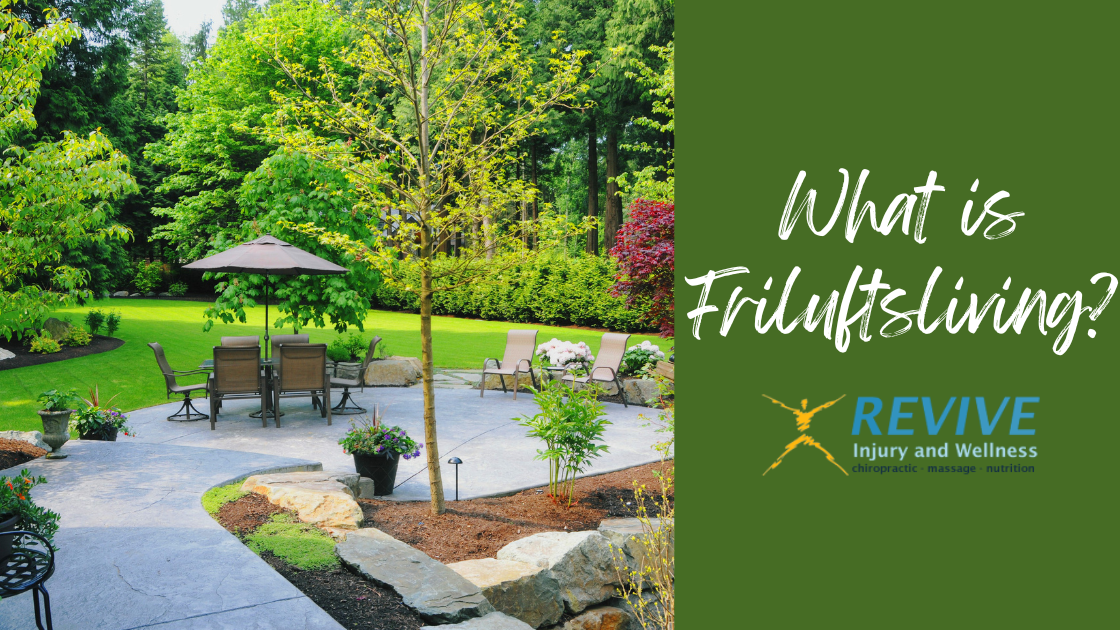
Friluftsliv is a Scandinavian term that roughly translates to “open-air living” or “outdoor life.” It encompasses a cultural philosophy that emphasizes the importance of being in nature and taking part in outdoor activities as a means of promoting physical, mental, and spiritual well-being. Friluftsliv has been an integral part of Nordic culture for centuries, and it continues to influence the way people in the region approach their daily lives and leisure time.
Principles of Friluftsliv
At its core, friluftsliv is about being in nature and taking part in outdoor activities. However, it’s more than just a pastime or a hobby. Friluftsliv is a philosophy that informs the way people approach their relationship with nature and with each other.
There are several key principles that underpin friluftsliv:
- Respect for nature: Friluftsliv encourages people to see nature as something to be respected and cherished, rather than something to be conquered or exploited. This means taking care not to damage the environment, leaving no trace of one’s presence, and minimizing the impact of human activities on wildlife and ecosystems.
- Connection with nature: Friluftsliv emphasizes the importance of developing a deep connection with nature. This involves taking time to appreciate the beauty and majesty of the natural world, and recognizing the interconnectedness of all living things.
- Mindfulness and presence: Friluftsliv encourages people to be fully present in the moment when they are outdoors. This means taking time to slow down, breathe deeply, and pay attention to one’s surroundings. By cultivating mindfulness, people can develop a deeper appreciation for the natural world and a greater sense of inner peace and well-being.
- Self-reliance: Friluftsliv encourages people to be self-reliant when they are outdoors. This means having the skills and knowledge necessary to navigate and survive in nature, and being prepared for unexpected challenges and emergencies.
Benefits of Friluftsliv
Friluftsliv has many benefits for individuals and society as a whole. Here are just a few of the ways that friluftsliv can improve our lives:
- Physical health: Spending time outdoors and engaging in physical activities like hiking, camping, and fishing can have a positive impact on physical health. These activities can improve cardiovascular health, build muscle and bone strength, and help to manage weight and reduce the risk of chronic diseases.
- Mental health: Friluftsliv can also have a positive impact on mental health. Spending time in nature has been shown to reduce stress, improve mood, and increase feelings of happiness and well-being. In addition, the mindfulness and presence cultivated through friluftsliv can help to reduce anxiety and promote relaxation.
- Environmental stewardship: Friluftsliv encourages people to take care of the natural world and to become stewards of the environment. This means being mindful of one’s impact on the ecosystem, and taking steps to reduce waste, conserve resources, and protect wildlife habitats. By fostering a sense of connection and responsibility for the natural world, friluftsliv can help to create a culture of environmental stewardship and sustainability.
- Social connection: Friluftsliv can also foster social connections and community. Participating in outdoor activities with others can create a sense of camaraderie and shared experience, and can help to build friendships and relationships. Friluftsliv can also help to promote a sense of belonging and connection to one’s community and environment.
In conclusion, friluftsliv is a cultural philosophy that emphasizes the importance of being in nature and taking part in outdoor activities as a means of promoting physical, mental, and spiritual well-being. It is a way of life that encourages people to connect with nature, cultivate mindfulness and presence, be self-reliant, and become stewards of the environment.
More on Our Services
Ergonomics, Posture and Chiropractic Health
5 Questions to Ask Your Chiropractor About Neck Pain
How to Choose the Right Chiropractor
5 Things to Consider When Dealing with Neck Injuries
Is a Chiropractor Visit Scary?
How Soon After a Car Accident Should You Visit a Chiropractor?


